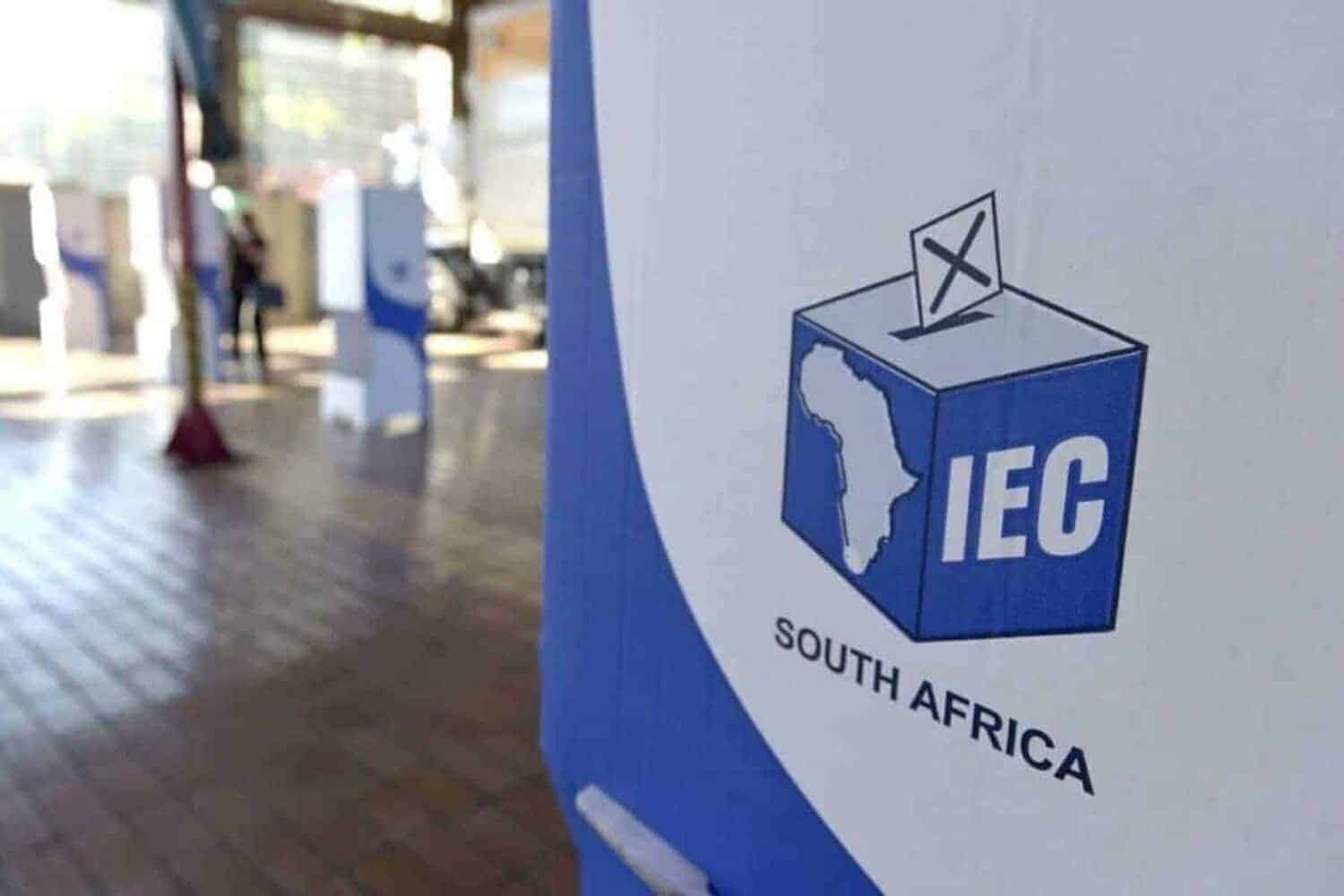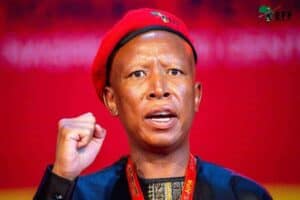Some parties and individuals might feel aggrieved that the Commission took action to punish them.

There is a strong view among election monitors, researchers and the media that although the public has confidence in the Electoral Commission of South Africa (IEC) to handle electoral matters, the Commission should not be the body to investigate transgressions on the use of money donated to political parties or independent contestants.
Instead, a separate, independent body should be established to hold parties accountable for the expenditure of funds received from donors. This was a common view that emerged from a two-day Journalists Symposium held in Boksburg on Thursday and Friday, organised by election policy monitor, My Vote Counts and South African National Editors’ Forum.
‘Money in politics’
They deliberated on “unpacking money in politics,” examining how unregulated political funding had deepened secrecy in financial accountability in elections and opened a gap for corruption.
Attended by election researchers, policy monitors, representatives of the mainstream and community media, and IEC officials, participants agreed that the IEC’s investigative powers were limited due to investigative capacity constraints.
Also, if the Commission undertakes investigations by itself, there is a risk that the Commission’s independence could be compromised in the eyes of political parties and candidates.
ALSO READ: Durban man previously accused of terrorism wants to run for election
Political parties
Some parties and individuals might feel aggrieved that the Commission took action to punish them and perceived it to be biased against them.
IEC deputy chief electoral officer for political funding, George Mahlangu, stated that, although the IEC had already taken action against parties and sought to penalise them via an Electoral Court ruling, it was questionable whether this should be the IEC’s job because that could be viewed by some as compromising its independence.
“But the question is, should the power to investigate lie with the IEC? We should guard against being blamed by parties; we must find a way to insulate the election management responsibility of the Commission so as not to compromise the IEC’s independence,” Mahlangu said.
Elections
As it stands, the IEC has two contradictory mandates – to manage the elections and to police the use of the donations received by parties or the election contestants. “There is friction between these two mandates,” Mahlangu said.
This view was shared by the participants, adding that the IEC’s independence would not only be compromised but the body would also be perceived to be targeting certain political parties and therefore biased in its duties as an election management body.
ALSO READ: Road to 2026 local government elections: IEC registers 13 new political parties since last month
Party transgressions
Presently, the IEC is responsible for investigating transgressions and taking action against parties that fail to submit audited annual financial statements.
It also contracted external capacity to aid it in the form of an external panel of investigators. After its probe, the panel submits a report which the commission used to approach the Electoral Court for a ruling compelling a party to comply if it is found guilty.
The Commission also identified that in some instances, the financial statements were not properly audited, as auditors had often omitted to mention certain donations-in-kind.
Some parties also conceal the donation or the donor and only reveal very little. The fact that the commission is unable to act outside of the limited scope provided by the legislation and relies on other bodies for investigation was regarded as a weakness in the PFA.
Section 14 (4) of the Act stipulated that the IEC should only investigate upon receiving a complaint and that the complainant must provide prima facie evidence of the transgression.
A party that transgresses the Act is required to pay an administrative penalty of R40 000 for failing to submit an audited financial statement. Other forms of transgression include failure to disclose a donation or its source. This is also punishable, and penalties range from fines to possible imprisonment in terms of the Act.
Political funding
IEC’s Matsobane Nkoko, from the political funding department, said “the legislation places certain responsibilities in the hands of the independent auditors and that limited the IEC from what it could do to hold parties accountable for expenditure on direct funding.
The IEC was unable to get raw information directly from parties, but only from auditors. The fear is that some auditors cannot be trusted in light of the corruption that occurred involving a major auditing firm.
“The law is very direct in terms of what we can and cannot do to enforce accountability on party funding. We are limited on what we can do; the commission relies on the opinion of the auditors on the annual audited statement of parties,” Nkoko said.
IEC register
The IEC register of parties has more than 500 political parties. The commission is concerned that many parties remained on the register despite the majority being inactive or their leaders having moved on with their lives outside of politics, while some parties no longer exist in reality.
“The IEC is concerned that the majority of the parties continue to be treated as not compliant. This leaves the Commission with no option but to pursue them as non-compliant with the Act. Currently, the IEC is unfortunately not able to de-register them unilaterally without first engaging them in terms of the law,” Nkoko said.
ALSO READ: Zuma to ‘clarify immediate way forward’ for MK party
Support Local Journalism
Add The Citizen as a Preferred Source on Google and follow us on Google News to see more of our trusted reporting in Google News and Top Stories.








